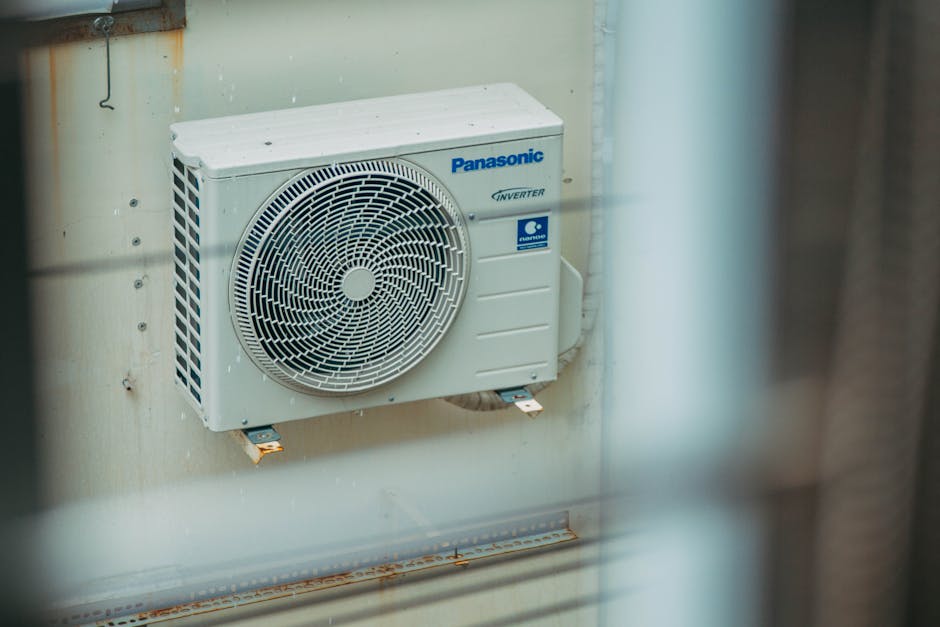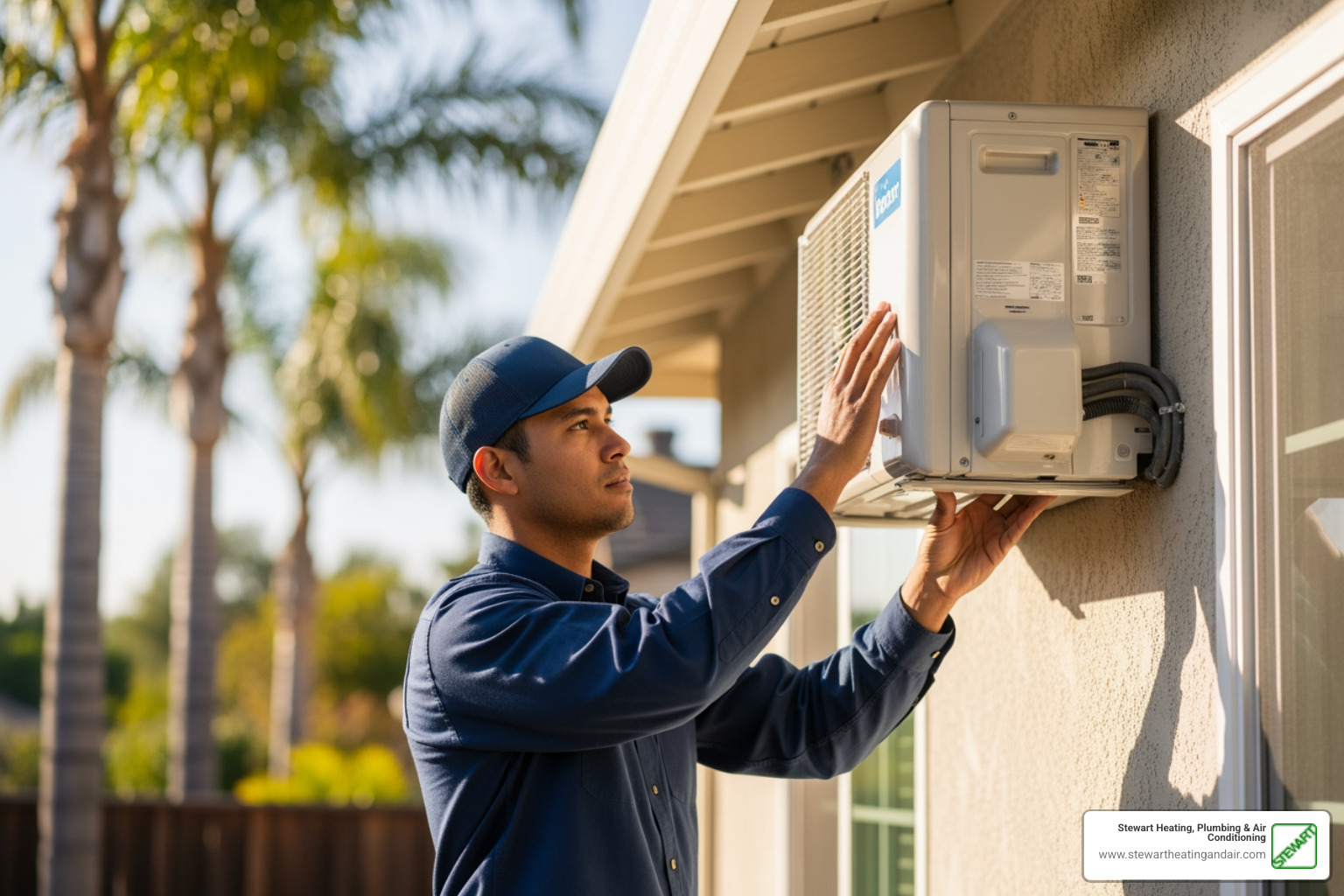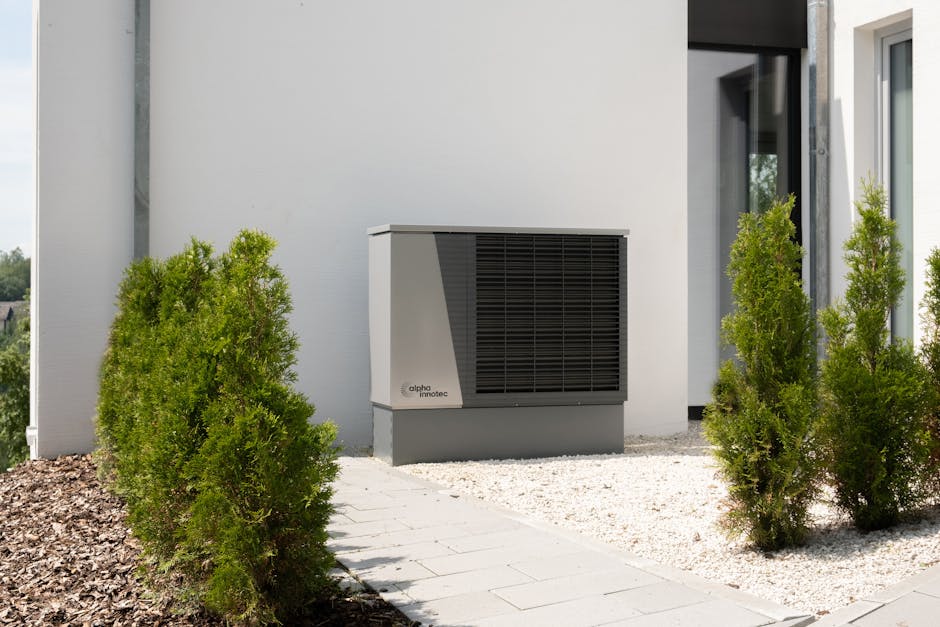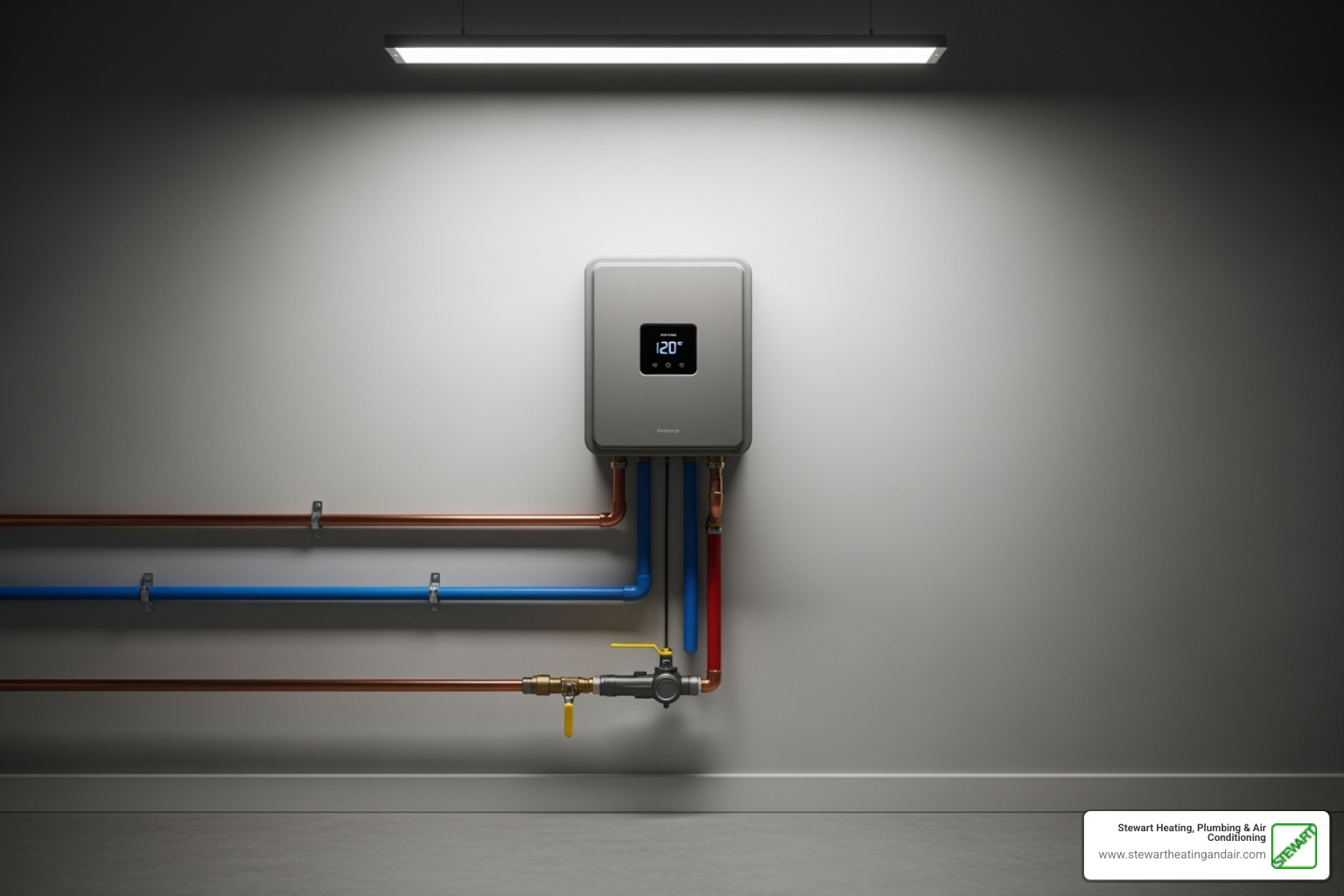
Why Your Tankless Water Heater Needs Regular Care
Tankless water heater maintenance is essential for keeping your on-demand hot water system running efficiently and preventing costly breakdowns. Here's what you need to know:
Essential Maintenance Tasks:
- Descale/flush the system every 6 months to 2 years (depending on water hardness)
- Clean inlet water filters regularly to maintain proper flow
- Clean air intake filters to prevent overheating
- Inspect for leaks and check connections
- Test pressure relief valve annually
Maintenance Frequency:
- Soft water areas: Every 2-3 years
- Hard water areas: Every 6-12 months
- Very hard water: Every 3-6 months
Think of it like your car - skip the oil changes, and you'll pay for it later. The same principle applies to your tankless water heater.
Skipping annual maintenance is the most common cause of premature failure in tankless water heaters, according to industry research. It can also void your warranty and leave you responsible for expensive repairs or replacements.
Regular maintenance protects your investment by:
- Extending your unit's 20+ year lifespan
- Maintaining peak energy efficiency
- Preventing unexpected cold showers
- Keeping your warranty valid
The good news? Most maintenance tasks are straightforward enough for handy homeowners to tackle themselves.
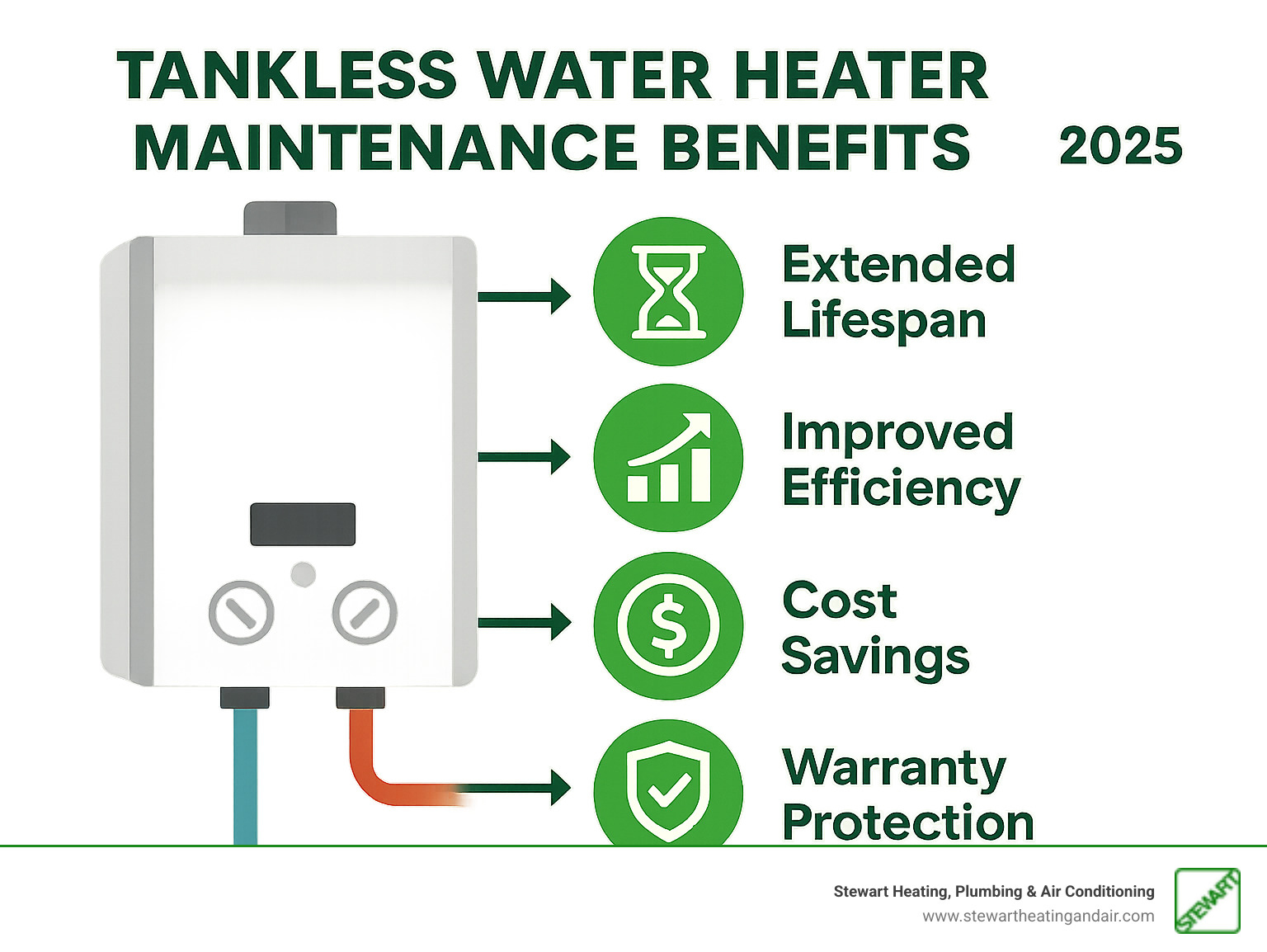
Why Regular Maintenance is Non-Negotiable
Without regular tankless water heater maintenance, your unit faces a silent enemy: mineral buildup. Scale deposits accumulate inside the heat exchanger over time, much like in a high-performance car engine that needs regular care. When minerals like calcium and magnesium build up, they create a barrier that hinders heat transfer. The result is reduced efficiency, lower water flow, and a system that works overtime just to deliver lukewarm water.
According to the U.S. Department of Energy, water heating accounts for 20 percent of your home's energy use, making efficiency crucial. When scale buildup forces your unit to work harder, you're essentially throwing money away with every shower.
Neglecting maintenance can also void your warranty, leaving you responsible for premature failure. If you're facing these issues, our team provides expert Tankless Water Heater Repair Walnut Creek CA services to get your system back on track.
The Benefits of a Well-Maintained Unit
Staying on top of tankless water heater maintenance rewards you with a system that delivers on its promises. You'll get optimal performance with endless hot water and no annoying temperature fluctuations. A well-maintained unit operates at peak efficiency, leading to lower energy bills and an extended service life of 20+ years. Most importantly, you'll have consistent water temperature and peace of mind, knowing your system is reliable when you need it most.
The Risks of Neglect
Skipping maintenance sets you up for a cascade of problems. The most common issue is a clogged heat exchanger, where mineral deposits choke your system's ability to function.
You'll notice reduced water pressure as scale builds up in filters and pipes. The system strain from fighting these blockages puts enormous stress on internal components, leading to overheating and component failure.
Costly repairs become inevitable when neglect goes too far, sometimes requiring a complete heat exchanger replacement. Even worse are unexpected breakdowns that leave you without hot water at the worst possible moment.
If repair isn't economical, our team can help with Tankless Water Heater Replacement Concord CA to get you back to reliable hot water service.
Your Complete Guide to DIY Tankless Water Heater Maintenance
Most essential tankless water heater maintenance tasks are well within reach for handy homeowners. Think of it as giving your hardworking water heater a spa day after heating countless gallons of water for your family.
Before you begin, safety is essential. You'll be working around water, electricity, and potentially gas, so take proper precautions.
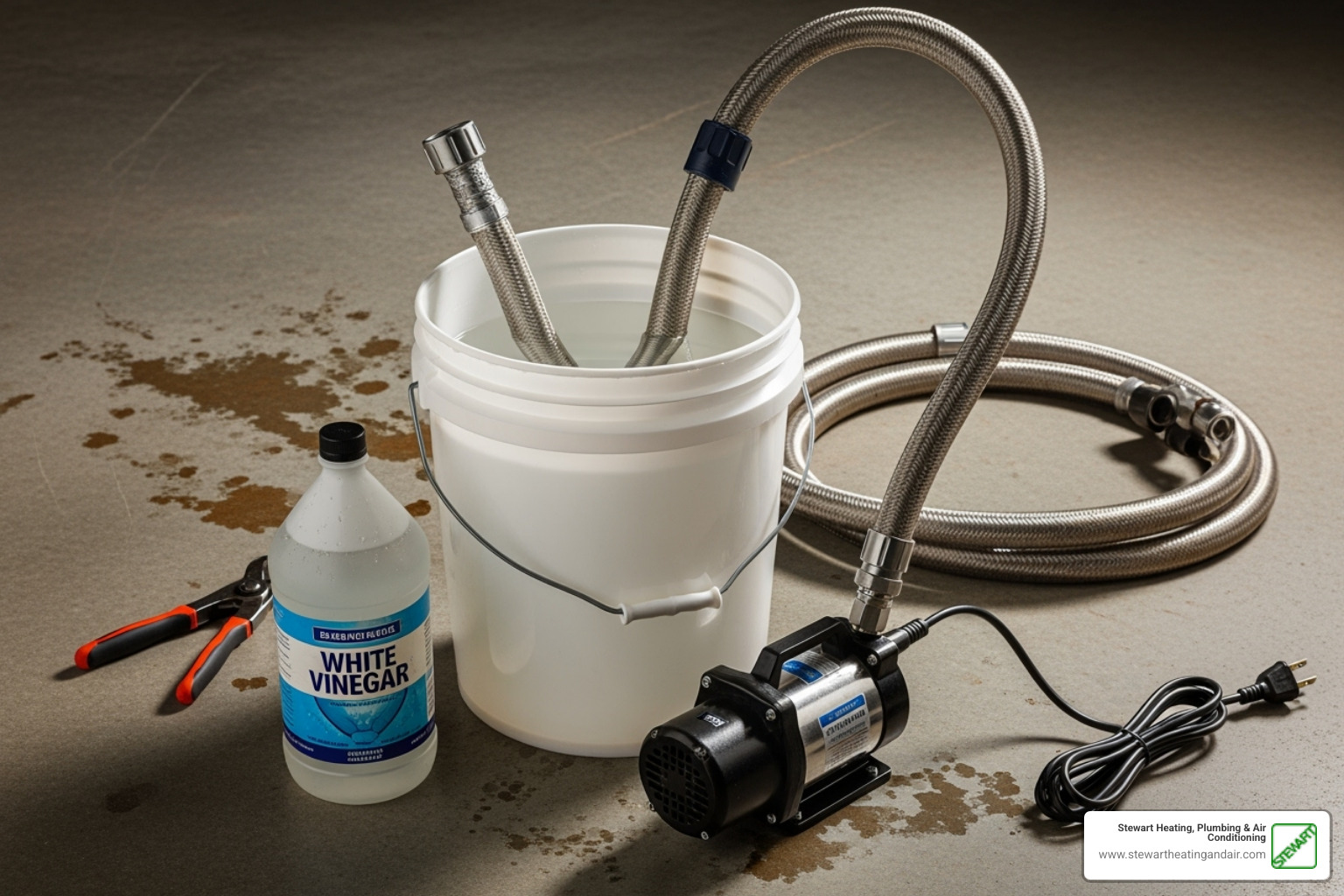
Start with these crucial safety steps: First, turn off the power by flipping the circuit breaker for electric units or shutting off the gas supply valve for gas models. This prevents your unit from firing up while you're working on it. Next, turn off the water supply by closing both the cold water inlet valve and hot water outlet valve on your unit. Finally, release any remaining pressure by opening a hot water faucet somewhere in your home.
Step-by-Step: The Descaling Process for Tankless Water Heater Maintenance
Descaling is the heart of tankless water heater maintenance. This process flushes out stubborn mineral deposits from your heat exchanger.
You'll need a few supplies: a 1/6 HP submersible pump, two hoses (about 2-4 feet each) with fittings for your unit's service ports, a 5-gallon bucket, and 2-3 gallons of undiluted white vinegar or a manufacturer-approved descaling solution.
Here's how the process unfolds: Connect your hoses by attaching one to the cold water inlet service port and the other to the hot water outlet service port. The first hose connects to your pump, while the second returns the solution to your bucket. Place the pump in your bucket and prepare your cleaning solution by pouring the vinegar into the bucket, making sure the pump stays submerged.
Open the service valves on your unit to create a closed loop system. When you turn on the pump, it creates a continuous circulation—the vinegar flows through the cold inlet, works its way through the heat exchanger dissolving mineral buildup, then returns through the hot outlet back to the bucket.
Let the solution circulate for 45 minutes to an hour. For very hard water, extend this to 90 minutes to allow the vinegar to dissolve mineral accumulation.
Rinsing is crucial—after circulation, turn off the pump and close the hot water outlet service valve. Remove the hose from the hot outlet and direct it toward a drain. Slowly open the cold water inlet service valve, allowing fresh water to flush through the system for 5-10 minutes until it runs completely clear.
Wrap up by disconnecting all hoses, closing service valves, and restoring your water supply and power. Don't forget to bleed the air from your system by running hot water faucets for a few minutes until the flow is smooth and steady.
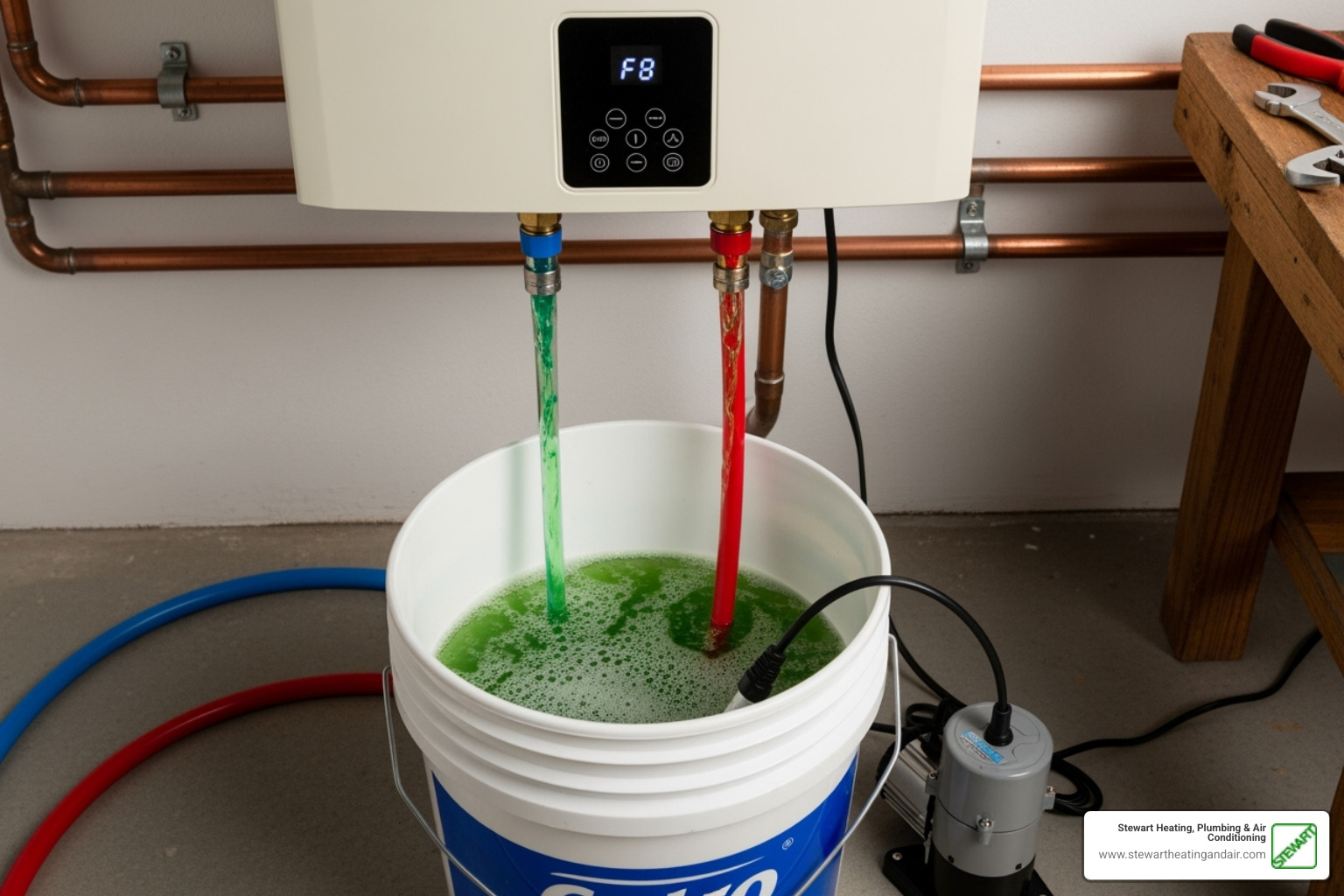
Cleaning the Filters for Optimal Flow
Cleaning your filters is just as important as descaling for maintaining peak performance. Filters are your unit's first line of defense against debris.
Your inlet water filter (or sediment screen) sits on the cold water inlet line. After shutting off the water supply, locate this filter using your owner's manual. Remove it carefully and rinse thoroughly under cold water. For stubborn buildup, a soft brush or a brief soak in white vinegar works wonders.
Gas units also have an air intake filter that prevents dust from entering the combustion chamber. After turning off power, locate and remove this filter. A quick vacuum or gentle rinse with cold water does the trick. Just make sure it's completely dry before reinstalling—a damp filter can cause operational issues.
Regular filter maintenance ensures free-flowing water and efficient operation. For professional assistance in Martinez, our team provides comprehensive Water Heater Maintenance Martinez CA services.
Performing a Visual Inspection
A thorough visual inspection can catch small issues before they become expensive problems.
Check for leaks by examining all visible pipes, connections, and the unit itself. Look for any moisture, water stains, or pooling. Tighten loose connections if you spot them, but call a professional for persistent leaks.
Inspect your pipes and connections for signs of corrosion, rust, or damage on both water and gas lines. All connections should feel secure and look clean.
For gas units, examine the exhaust vent for blockages like nests or debris. A blocked vent is a safety concern that can lead to dangerous carbon monoxide buildup. Ensure outdoor units have adequate clearance from vegetation.
Test the pressure relief valve annually by gently lifting its lever for a few seconds. Water should flow freely. If no water comes out or it continues dripping after you release the lever, the valve likely needs replacement.
If you notice anything concerning, or if you're in Danville and need expert help, our team specializes in Tankless Water Heater Repair Danville CA and can address any issues promptly.
How Often to Service Your Unit
How often should you perform tankless water heater maintenance? The answer depends on your local water conditions.
While manufacturers suggest annual service, your local water conditions are the deciding factor. Water loaded with minerals requires more frequent attention.
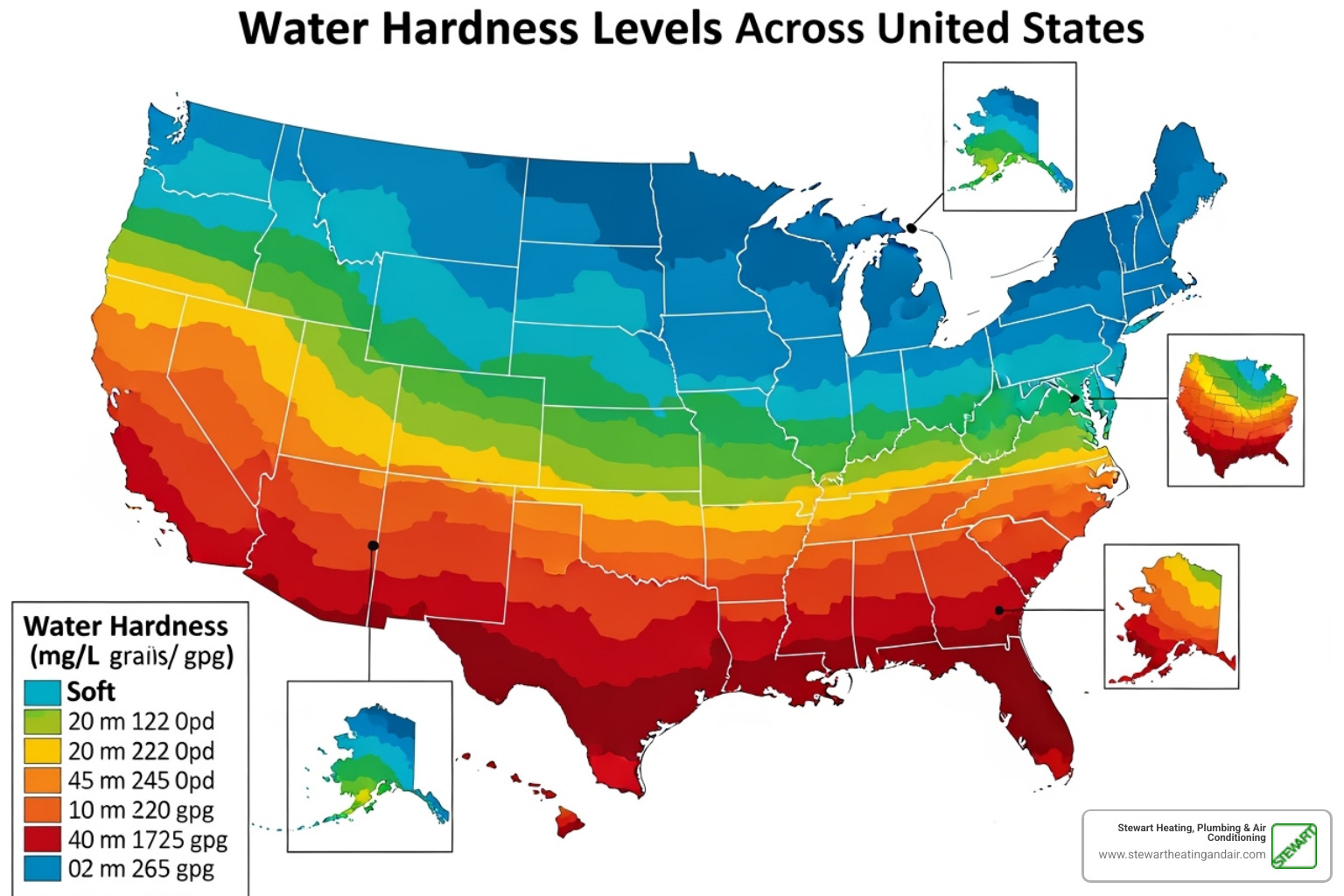
Several factors influence your maintenance schedule. Water hardness is the most important, but overall water quality, usage frequency, and high-temperature settings also play a role. Always check your manufacturer recommendations in the owner's manual.
The Impact of Water Hardness
Hard water is loaded with dissolved minerals, primarily calcium and magnesium. When heated, these minerals form crusty scale deposits inside your heat exchanger.
This accelerated scale buildup restricts flow and makes the unit work harder. If you live in a hard water area (like many parts of California), you'll need more frequent descaling, sometimes every 3-6 months instead of annually.
If you have soft water, either naturally or from a water softener, your maintenance intervals can stretch much longer, sometimes to 2-3 years between descaling. For residents considering new tankless installations, our team offers comprehensive Tankless Water Heaters Lafayette CA services to help you choose the right system for your water conditions.
Creating Your Maintenance Schedule
Here's a practical guide for your tankless water heater maintenance schedule based on water hardness:
| Water Hardness Level | Description | Recommended Descaling Frequency | Filter Check Frequency | Visual Inspection Frequency |
|---|---|---|---|---|
| Soft | 0-3.5 Grains Per Gallon (GPG) | Every 2-3 years | Annually | Annually |
| Moderately Hard | 3.5-7 GPG | Annually | Every 6 months | Annually |
| Hard | 7-10.5 GPG | Every 6-9 months | Every 3 months | Every 6 months |
| Very Hard | 10.5+ GPG (or private well water) | Every 3-6 months | Monthly/Every 3 months | Every 3 months |
Unsure of your water hardness? Check your local utility's water quality report or use an inexpensive test strip from a hardware store.
This table is a starting point; your owner's manual is the final authority. The bottom line is that regular maintenance is far easier and cheaper than dealing with emergency repairs and unexpected breakdowns.
DIY vs. Professional Service: Making the Right Choice
When it comes to tankless water heater maintenance, you can tackle it yourself or call in the professionals. The right choice depends on your comfort level, experience, and the specific task.
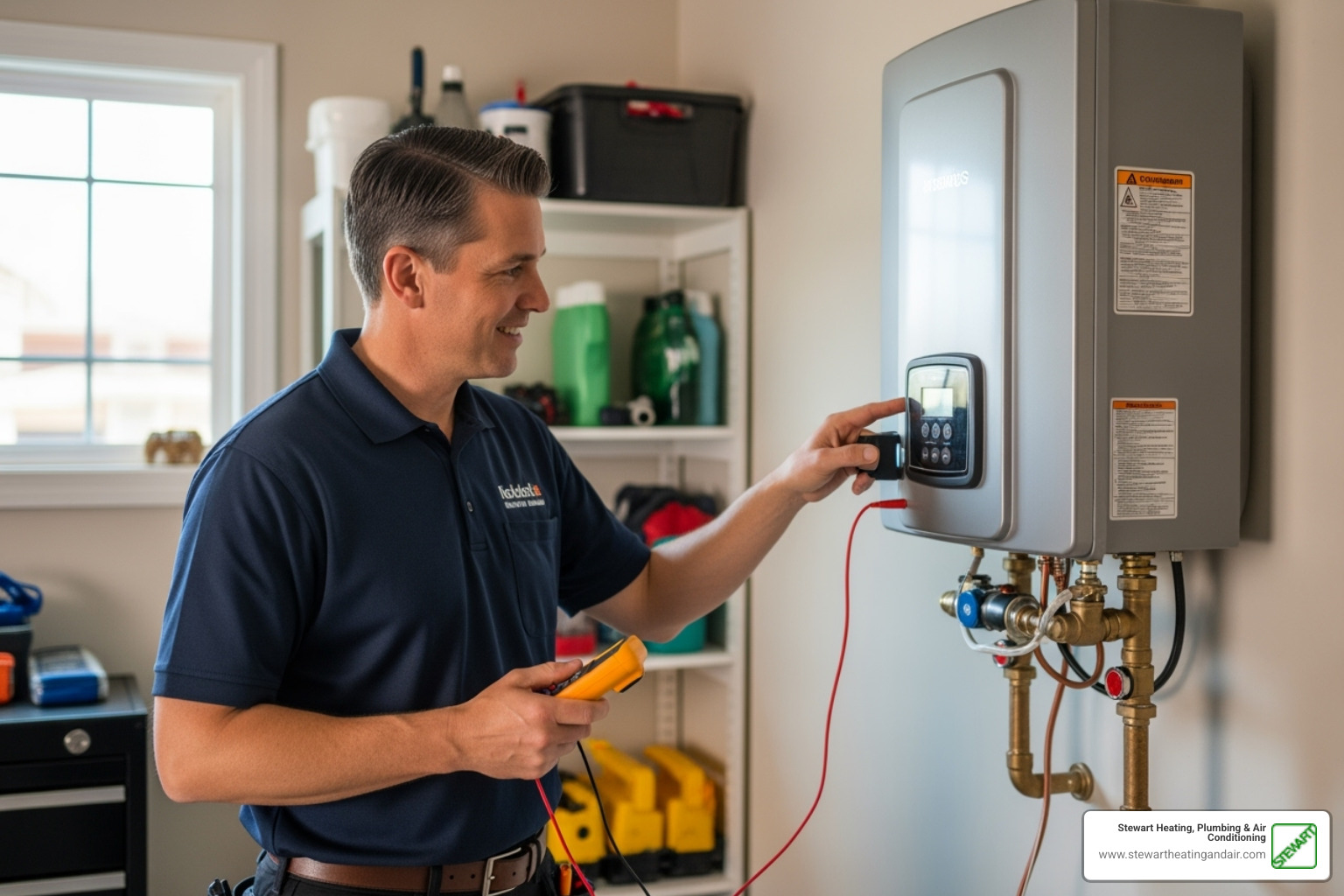
The DIY route offers cost savings and the convenience of working on your own schedule. However, it's not without risks—a mistake could lead to damage, safety hazards, or even void your warranty.
Professional service brings expertise, proper tools, and safety assurance. Certified technicians can spot potential problems you might miss and handle complex issues. The trade-off is the cost and scheduling.
When to Tackle It Yourself
You're a good candidate for DIY tankless water heater maintenance if you're comfortable with basic plumbing, have basic hand tools, and are good at following instructions. The descaling process, for example, is straightforward for someone who follows directions carefully.
Simple tasks like filter cleaning are perfect DIY projects that take just a few minutes. Similarly, minor inspections—checking for visible leaks, testing the pressure relief valve, or examining the vent—are tasks any homeowner can handle safely.
When to Call a Professional
Some situations call for professional expertise to save you time, money, and potential headaches.
Complex error codes are a clear signal for help. While your manual might explain the codes, fixing the underlying problem often requires professional tools and experience.
Never attempt to handle gas or electrical issues yourself unless you're qualified. These systems pose serious safety risks.
Major leaks often indicate serious internal problems like a cracked heat exchanger. These issues require professional diagnosis and repair.
For first-time descaling, having a professional handle it can be a worthwhile investment in your DIY education, as they can show you the proper technique.
If you're unsure or uncomfortable with any maintenance task, it's best to call a professional. Our team at Stewart Heating, Plumbing & Air Conditioning can handle any challenge, from routine service to new installations. We provide expert Tankless Water Heater Installation Walnut Creek CA services.
Professional technicians can adjust gas pressure, check electrical connections, and perform comprehensive diagnostics. While professional service costs more upfront, it's an investment that can prevent larger expenses. Be honest about your skills and comfort level, and choose the approach that makes sense for you.
Frequently Asked Questions about Tankless Water Heater Maintenance
Here are answers to the most common questions we receive about tankless water heater maintenance.
How much does it cost to have a tankless water heater serviced?
The cost of professional tankless water heater maintenance varies by location, the scope of work, and the company. A basic inspection will cost less than a full descaling service, which requires more time and materials. If a unit hasn't been maintained regularly, it may need more extensive work, affecting the price.
Many homeowners find value in annual maintenance plans, which bundle services at a set rate, making budgeting easier. We always recommend getting a written estimate before any work begins so there are no surprises.
Can I use something other than vinegar to descale my unit?
Yes. While distilled white vinegar is popular, you have other options for tankless water heater maintenance. Commercial descaling solutions are designed for water heaters and can be more powerful and faster than vinegar, especially on heavy buildup.
However, always check your owner's manual first. Some manufacturers have specific requirements for cleaning solutions. Using the wrong chemical could damage your unit or void your warranty. If your manual lists approved descaling products, stick to that list to ensure compatibility.
Please don't experiment with random chemicals like strong acids or household cleaners, as they can cause serious damage. When in doubt, professional-grade descaling solutions are often safe, but check the manual first.
Do different brands have different maintenance needs?
While the general maintenance principles are universal (descaling, filter cleaning, inspections), the specific procedures can vary significantly between brands.
- Filter locations and access points differ. Some are easy to access, while others require tools.
- Descaling procedures can vary. Manufacturers may specify different solution types, circulation times, or rinsing procedures.
- Error codes are completely brand-specific. A code on one brand might mean something different on another.
- Condensing tankless units have a condensate trap that needs periodic cleaning, and the method varies by manufacturer.
Our best advice is to treat your owner's manual as your primary guide. It contains the exact procedures, approved solutions, and schedule for your model, which keeps your warranty intact. If you've misplaced your manual, most manufacturers have them available for download on their websites.
Protect Your Investment with Proper Care
A tankless water heater is a smart upgrade, offering endless hot water, energy savings, and a space-saving design. But even advanced technology needs regular care to perform its best.
Tankless water heater maintenance is about protecting your investment. Staying on top of regular descaling, filter cleaning, and inspections gives your unit the best chance to provide reliable, efficient hot water for decades.
A well-maintained unit can last 20+ years, while a neglected one may fail in half that time. The extended lifespan and energy savings from peak efficiency add up to thousands of dollars in value.
Beyond the savings, you get the peace of mind that comes with a safe, efficient system. You won't have to worry about cold showers or unexpected breakdowns at inconvenient times.
For homeowners throughout Pittsburg, CA, and the greater Contra Costa County area—including Walnut Creek, Orinda, Oakley, Martinez, Lafayette, Danville, Brentwood, Alamo, Pleasant Hill, and Antioch—a trusted professional makes all the difference. At Stewart Heating, Plumbing & Air Conditioning, we've built our reputation on doing things right the first time, evidenced by our high referral business.
Our expert team provides comprehensive Tankless Water Heaters Concord CA services designed to keep your system running at peak performance year after year.
Don't let mineral buildup compromise your system. Whether you choose DIY or professional service, taking action is what matters. Your future self—and your wallet—will thank you.

